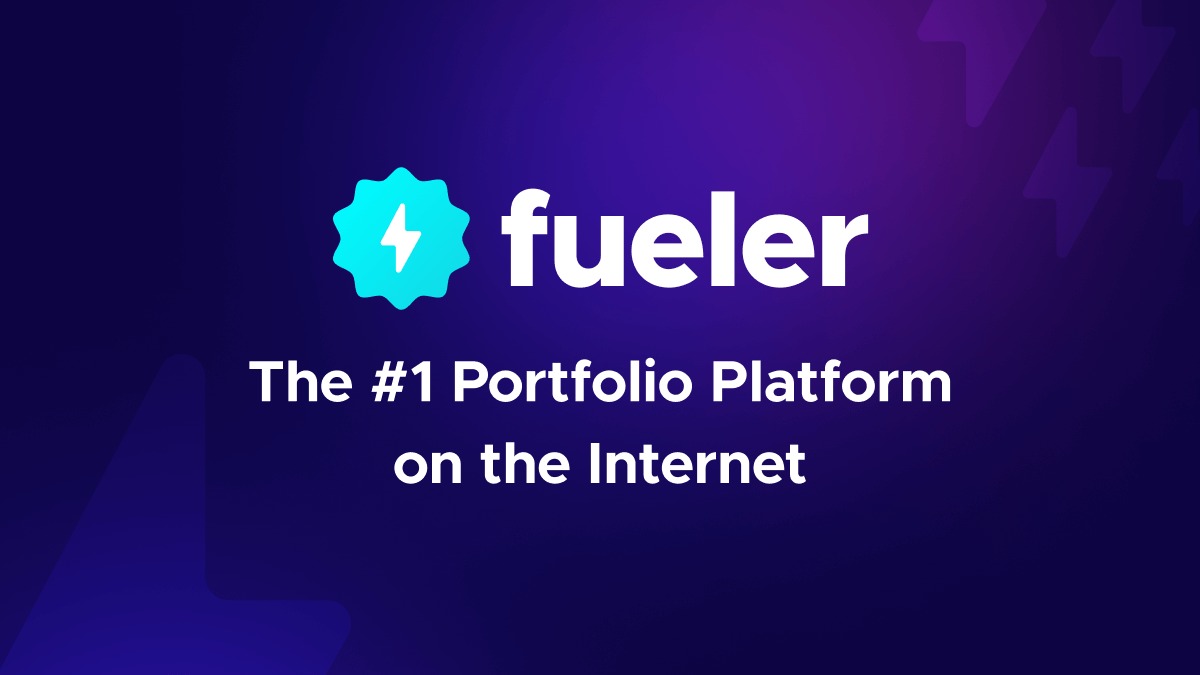Guide to Secure Healthcare Platforms in Dubai

Riten Debnath
27 Aug, 2025

In the fast-growing digital healthcare market of Dubai, securing healthcare platforms has never been more critical. With sensitive patient data and vital medical services moving online, any security breach can have severe consequences for individuals and institutions. Whether you are a healthcare provider, developer, or policymaker, understanding how to build and maintain secure healthcare platforms is essential in 2025.
I’m Riten, founder of Fueler, a platform that helps freelancers and professionals get hired through their work samples. In this article, I’ll guide you through the essential steps to secure healthcare platforms specifically tuned to Dubai’s market and regulatory environment. But beyond implementing security technologies, demonstrating your ability to solve real-world security challenges matters most. Your portfolio is not just a list of skills it is your credibility and your fast track to trust in this specialized field.
1. Data Encryption for Patient Privacy
Protecting patient data in transit and at rest is the foundation of secure healthcare platforms. Encryption scrambles sensitive information so unauthorized parties cannot read it. Dubai’s healthcare sector must strictly follow local data protection laws, including DPDP (Dubai Personal Data Protection Law), which mandates encryption safeguards.
- Encrypt all patient health records and communications
- Use TLS/SSL certificates for secure data transmission
- Apply encryption on databases and backups
- Ensure encryption keys are securely managed
Why it matters: Encryption safeguards patient privacy by guarding data from interception or theft, a core requirement for trusted healthcare services in Dubai’s sensitive and high-stakes environment.
2. Strong User Authentication and Access Controls
Healthcare platforms must limit access strictly to authorized personnel. Multi-factor authentication (MFA) requires users to verify identity using two or more factors, reducing the risk of stolen credentials. Role-based access controls ensure users only view or modify data necessary for their role, preventing accidental or malicious exposure.
- Implement MFA for all healthcare staff and patients
- Use role-based permissions tailored to job functions
- Log all access attempts and monitor anomalies
- Use biometric authentication where possible
Why it matters: Strong authentication and controlled access prevent unauthorized data exposure and ensure only qualified people handle sensitive health information, critical in Dubai’s compliance-driven healthcare industry.
3. Regular Security Audits and Compliance Checks
Security is an ongoing effort. Healthcare providers should regularly audit their platforms to identify and fix weaknesses. Audits involve vulnerability scans, penetration testing, and confirming compliance with Dubai Health Authority guidelines and international standards like HIPAA.
- Schedule quarterly vulnerability assessments
- Perform penetration tests simulating cyberattacks
- Review compliance with regional healthcare regulations
- Implement audit trails for all data access and changes
Why it matters: Regular audits catch hidden risks before attackers exploit them, ensuring healthcare platforms maintain the highest security standards demanded in Dubai’s competitive health market.
4. Secure Cloud Infrastructure and Backup Strategy
Many Dubai healthcare institutions are moving to cloud platforms for scalability but must configure them securely. Misconfigured cloud storage or lack of encrypted backups can lead to data leaks or loss. A robust cloud security posture includes encryption, strict access policies, and tested disaster recovery plans.
- Choose cloud providers with healthcare compliance certifications
- Encrypt data stored and transmitted in cloud
- Configure fine-grained cloud access controls
- Maintain frequent encrypted backups offsite
Why it matters: Secure cloud use supports healthcare platforms’ availability and protects against data loss, critical factors in keeping Dubai’s patient services uninterrupted and safe.
5. Employee Training and Awareness Programs
Human error remains a top cause of healthcare data breaches. Dubai’s healthcare organizations must educate employees on phishing, password hygiene, and incident reporting. Well-trained staff act as the first line of defense in defending healthcare platforms.
- Conduct regular security awareness workshops
- Simulate phishing attacks for preparedness
- Enforce security policies with clear procedures
- Encourage prompt reporting of suspicious activity
Why it matters: Employee vigilance strengthens the security culture, tackling many risks before technology even comes into play, an often underestimated yet vital aspect of healthcare platform protection.
Fueler’s Strategic Role in Healthcare Tech Hiring
As healthcare platforms become more sophisticated, hiring skilled cybersecurity and development professionals is key. Fueler’s platform enables Dubai healthcare companies to evaluate candidates by reviewing real completed assignments and projects rather than just resumes or interviews. This results in better hiring decisions that match the critical security skills needed to protect sensitive healthcare systems.
Final Thoughts
Securing healthcare platforms in Dubai is a complex but essential challenge. Implementing strong encryption, authentication, ongoing audits, cloud best practices, and employee training forms the backbone of safe healthcare technology. As the city’s health ecosystem fully embraces digital innovation, security must remain a top priority to protect patients and build lasting trust.
Frequently Asked Questions (FAQs)
1. What are the best practices for securing healthcare platforms in Dubai?
Encrypt data, implement multi-factor authentication, perform regular security audits, secure cloud infrastructure, and train employees on security.
2. How does Dubai’s data protection law affect healthcare security?
Dubai’s personal data law mandates strict privacy and encryption measures for all patient data to ensure confidentiality and compliance.
3. Why is employee training vital for healthcare cybersecurity?
Because human error causes many breaches, training helps staff recognize threats like phishing and follow secure protocols.
4. How can multi-factor authentication improve healthcare platform security?
By requiring users to verify identity through multiple methods, MFA reduces the risk of unauthorized account access.
5. How does Fueler help healthcare companies find skilled tech talent?
Fueler lets healthcare firms evaluate professionals based on verified work samples completed through assignments, improving hiring accuracy for critical security roles.
What is Fueler Portfolio?
Fueler is a career portfolio platform that helps companies find the best talents for their organization based on their proof of work.
You can create your portfolio on Fueler, thousands of freelancers around the world use Fueler to create their professional-looking portfolios and become financially independent. Discover inspiration for your portfolio
Sign up for free on Fueler or get in touch to learn more.


